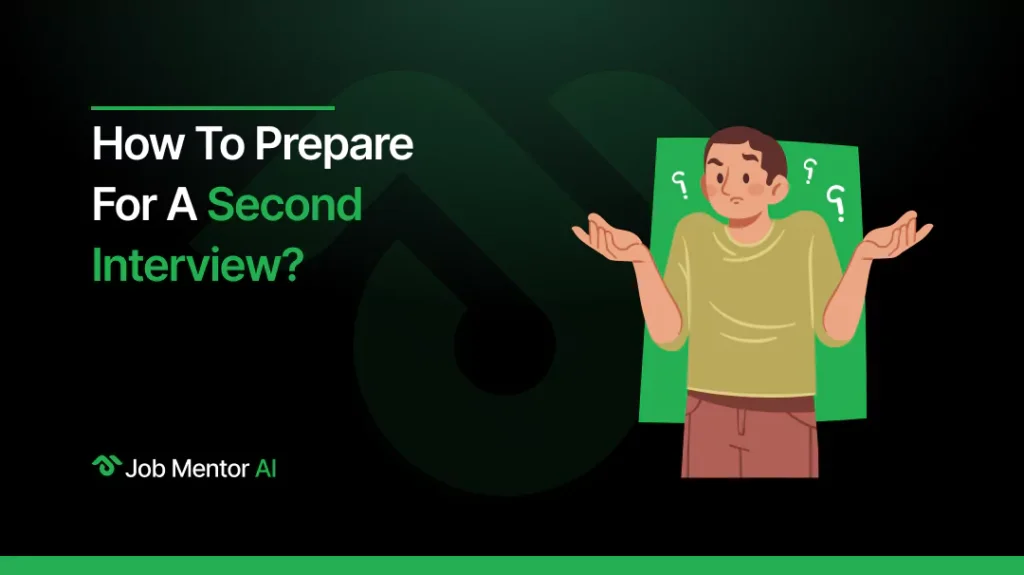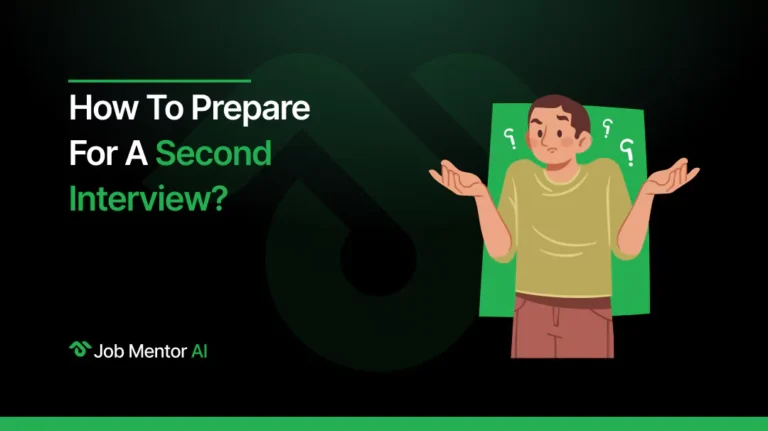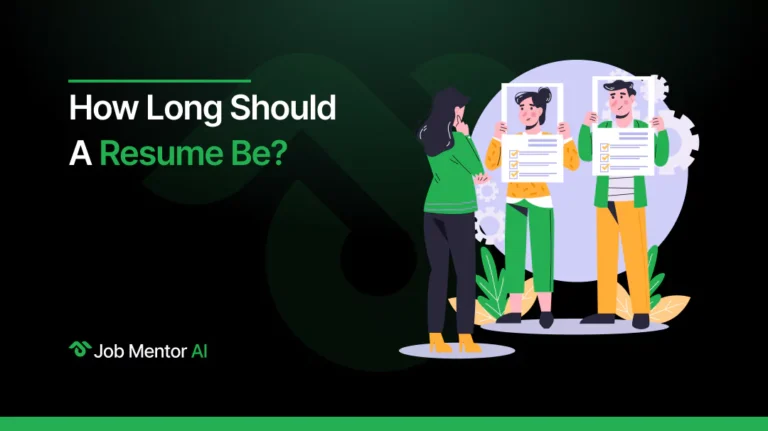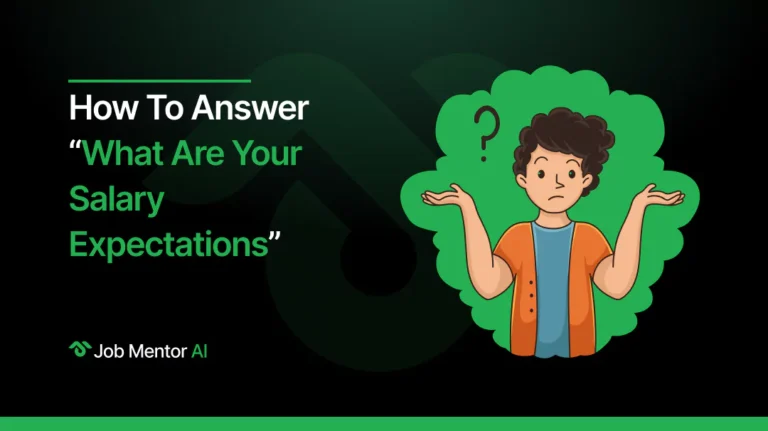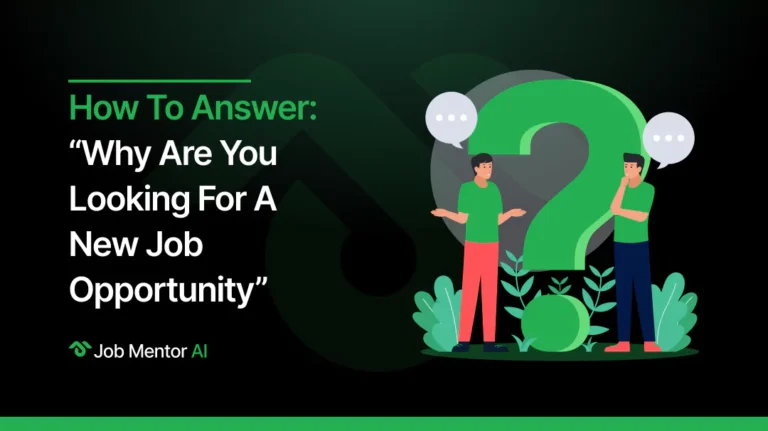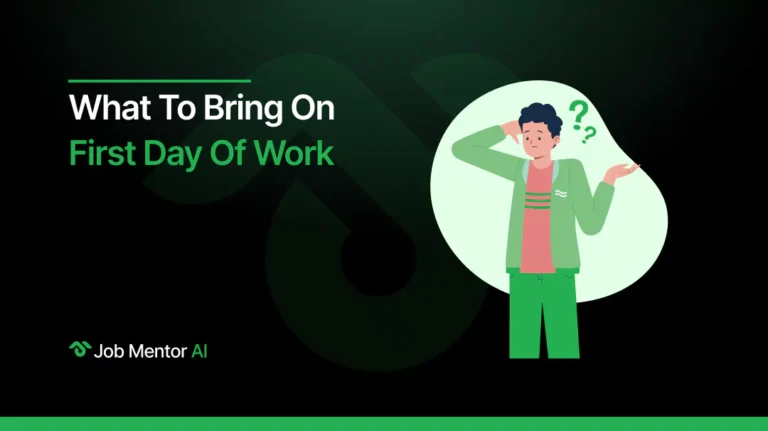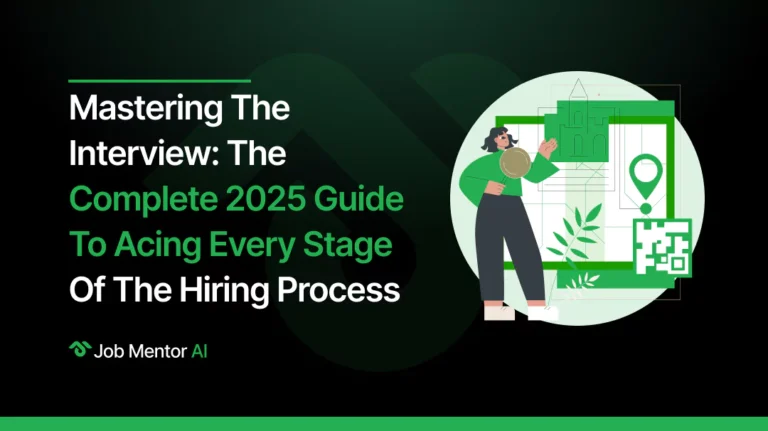Landing a second interview is a major milestone in your job search journey. It signals that the employer is seriously considering you, and it’s your chance to demonstrate that you’re the right long-term fit. While the first interview often focuses on your resume, experience, and basic fit, the second interview dives deeper into your skills, problem-solving ability, and cultural alignment.
This guide will walk you through every stage of a second interview what it means, what to expect, how to prepare, and strategies to make a lasting impression.
What Does a Second Interview Mean?
A second interview isn’t just a repeat of the first; it signals that the employer sees potential in you and wants to explore how well you fit the role and team. During this round, you may face role-specific questions and behavioral scenarios that test problem-solving, adaptability, and teamwork. Reviewing past experiences and practicing answers to tough interview questions can give you a clear advantage.
You may also meet with senior leaders or cross-functional teams to assess cultural fit and discuss management style, future goals, or compensation. In some cases, this round serves as the final interview, making it crucial to perform confidently. Preparing a few questions for employers can help you engage thoughtfully and leave a lasting impression.

Preparing for a Second Interview
Preparation is critical. Unlike the first interview, you need to demonstrate depth, initiative, and strategic thinking. Here’s a comprehensive breakdown of how to get ready.
Research the Company Thoroughly
Go beyond basic information about the company. Check press releases, LinkedIn updates, and recent projects to understand their goals, challenges, and culture. This helps you tailor your answers and provide informed suggestions.
Review Your First Interview Notes
Looking back at your first interview reveals valuable insights. Reflect on the questions asked, areas emphasized, and feedback received to identify points needing clarification and skills to highlight. If teamwork was emphasized, prepare examples showing leadership or collaboration.
Prepare Role-Specific Examples
Second interviews often test practical skills. Using the STAR method: Situation, Task, Action, Result, helps you present clear, structured examples. Stories about problem-solving, leading projects, or improving processes work well.
Plan Logistics Carefully
Details matter. Confirm the interview format, location, or virtual platform ahead of time. Arrive on time, dress professionally, test technology for remote interviews, and bring any necessary materials. These small steps reflect professionalism and respect for the interviewers’ time.
What to Expect During a Second Interview
The second interview typically involves multiple evaluators, more challenging questions, and sometimes practical tests. Here’s what you might encounter:
- Deep dive questions: Expect inquiries that go beyond your resume, focusing on problem-solving and past experience.
- Behavioral scenarios: Interviewers may pose situations to test how you handle conflict, pressure, or teamwork.
- Technical tasks or presentations: Some companies ask candidates to prepare a short project, case study, or demonstration.
- Team interactions: You might meet multiple team members or senior leaders, emphasizing the importance of rapport building.
Learning about the different types of interviews and common interview preparation tips can help you approach each stage with confidence and strategy.
Questions to Ask in a Second Interview
Asking insightful questions shows that you’re engaged and serious about the role. Instead of generic queries, focus on questions that reveal both your interest in the position and your understanding of the company. For example:
- How will success in this role be measured in the first six months, and what milestones are most important?
- Can you describe the team’s collaboration style and how team members typically work together?
- What are the current challenges the department or company is facing that this role can help address?
- How does this position contribute to the company’s long-term goals or strategic initiatives?
o make a strong impression during your second interview, understanding key strategies on how to impress a hiring manager can help you highlight your strengths effectively.
Techniques to Stand Out
Standing out in a second interview isn’t just about repeating what you said the first time—it’s about showing initiative, insight, and authenticity. Here’s how to leave a strong impression:
- Show consistent enthusiasm: Maintain energy and engagement across all interactions, even when meeting multiple team members.
- Balance confidence and curiosity: Share your ideas confidently while asking thoughtful questions that demonstrate insight.
- Offer research-backed suggestions: Highlight improvements or solutions based on your understanding of the company’s goals and processes.
- Build rapport with every interviewer: Treat each interaction seriously, as all feedback contributes to the final hiring decision.
- Learn from experts: Understanding how to impress a hiring manager can give you practical strategies to demonstrate professionalism and stand out.
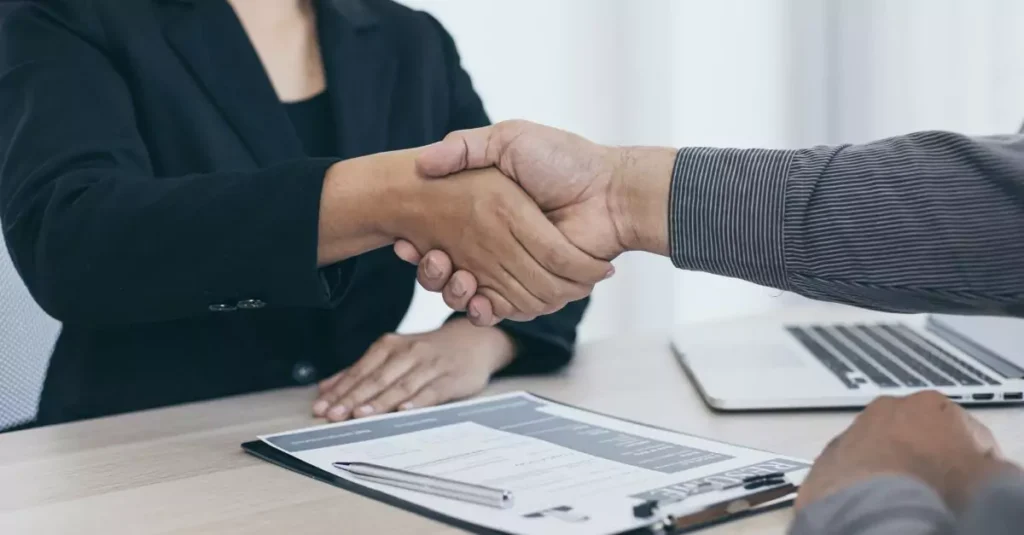
After the Second Interview
Your work doesn’t end once the interview is over. Sending personalized thank-you emails that mention specific points from your conversations shows attentiveness and professionalism. Following up politely if you haven’t heard back by the expected timeline demonstrates continued interest without being pushy.
Additionally, staying prepared for a potential final interview or an offer discussion, including compensation negotiation, ensures you are ready for the next steps. Thoughtful post-interview behavior can make a lasting impression and increase your chances of success.
Common Mistakes to Avoid in a Second Interview
Even strong candidates can stumble in the second round if they aren’t careful. Some common missteps include:
- Over-rehearsing answers to the point where your responses sound scripted rather than genuine.
- Ignoring insights from the first interview, such as feedback or topics that were emphasized.
- Failing to engage all interviewers, especially during panel interviews where multiple perspectives matter.
- Neglecting company research, including culture, recent news, or ongoing projects.
Avoiding these mistakes ensures you maintain credibility and show that you are well-prepared, attentive, and genuinely interested in the role.
Conclusion
Preparing for a second interview is about going beyond the basics and showing depth, initiative, and alignment with the company’s goals. By researching the company, reviewing your first interview, preparing role-specific examples, asking insightful questions, and following up thoughtfully, you position yourself as a strong, memorable candidate. With these strategies, you can confidently navigate the second interview and leave a lasting impression.
Boost your interview readiness with an AI Interview Assistant, designed to help you polish responses, sharpen delivery, and grow authentic confidence ahead of your interview.
Harness AI Interview Intelligence insights for quick, actionable feedback that speeds up improvement and lets you enter interviews feeling prepared, self-assured, and compelling.
Table of Contents
Frequently Asked Questions
How do I pass my second interview?
To succeed, show depth, initiative, and alignment with the company. Research their goals, review your first interview, prepare role-specific examples using the STAR method, and ask thoughtful questions that demonstrate engagement.
Are second interviews harder?
They can be. Second interviews dive deeper into your skills, problem-solving, and cultural fit. You may face behavioral scenarios, technical tasks, or meetings with senior leadership, making preparation key.
How to prepare for a second job interview?
Go beyond the basics. Study the company, review previous feedback, refine examples of your achievements, and plan logistics like timing, attire, and materials to ensure you present yourself professionally.
What do they ask in a second round interview?
Expect more in-depth questions about your role-specific skills, problem-solving abilities, teamwork, and adaptability. Some companies may also include case studies, presentations, or practical tasks.
Does a 2nd interview mean I got the job?
Not necessarily. It indicates you are a serious contender, but the employer is still evaluating fit, skills, and long-term potential before making an offer.
What questions to ask an interviewer?
Ask questions that show interest and insight, such as success metrics for the role, team dynamics, challenges the department faces, or how the position contributes to the company’s long-term goals.

